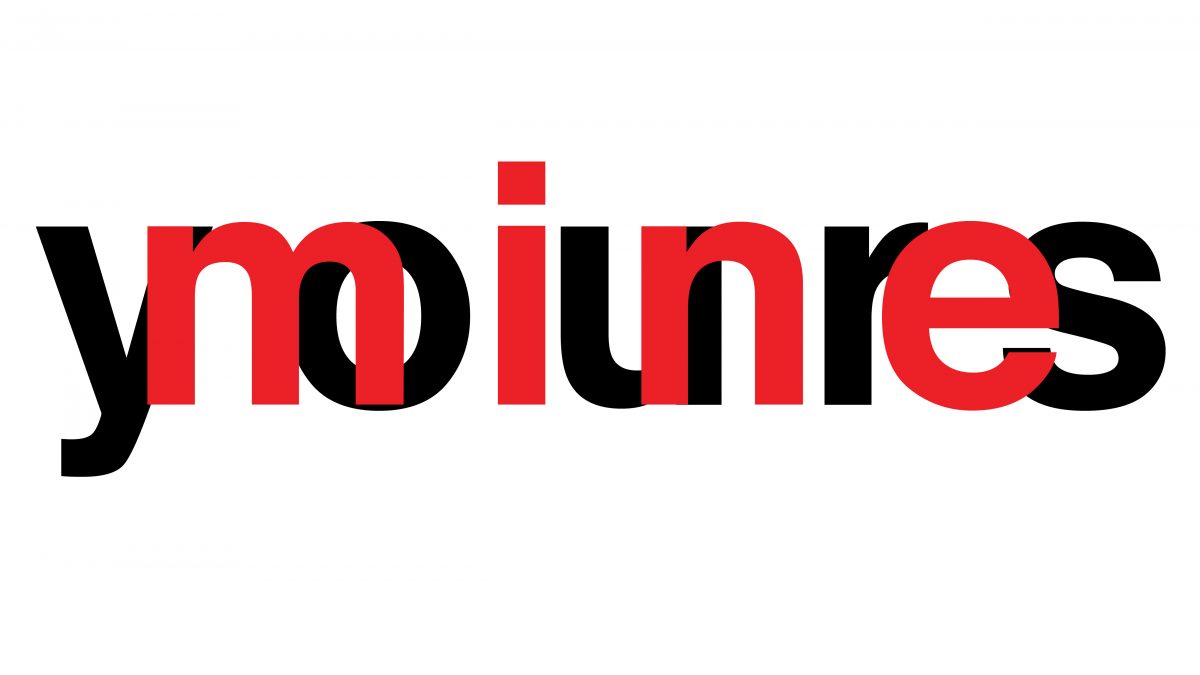A famous study done by Donald McCabe of 17,000 students revealed that 62% of undergraduates had cheated on a written assessment at some point in their academic career. A stunning 95% admitted to some form of academic dishonesty, either on an essay or test, along the way. Several other informal polls seemed to confirm numbers in the 60s, such as one done by College Humor and one done at Rutgers. A great majority even see cheating as an essential strategy to excelling: 85% according a study done by World News & Report.
But before we all gasp in surprise, wring our hands and sadly shake our heads about the current standards of academic ethos in the youth, recall that in the contemporary world of the “retweet,” ideas and written expressions are regularly recycled and repurposed as original material. With the onslaught of digitally available text of all imaginable kinds, insisting on originality is a farce inside an absurdity. Though inevitably detestable to the old guard of written language, regurgitation of concepts is a reality of the digital age. Rejecting that reality is not only ridiculous, it’s also ironically damaging.
In pedantically lecturing teens and young adults on the malicious evils of plagiarism, we do them no favors. Every speck of information on the planet has been uploaded and shared, reshared and repurposed, ad infinitum until not only is the source of it untraceable, it’s irrelevant. We have shared and tweeted ourselves into a conglomerate of thought, which perhaps isn’t as evil as dystopiate thinkers would imagine. The true skill today is not in originality, but in application and performance; we’re still original acts, but only as a product of our own necessary “dis-originality,” or active, subconscious rejection of selves.
Teens likely recognize this paradox better than adults because they were born into it, pupated in it, emerged in its sunshine. Of course they see “cheating” as necessary: facsimile is the fabric of digital existence! They are the children of perpetual reproduction.
Educational systems have been slow to catch up to the realities of the digital revolution, but it’s time they did. The world won’t need original acts of knowledge, they will be obsolete. It will need beautiful, extemporaneous automatons: those able to stand out because of their acceptance of fundamental collectivity. But the archaic education system cannot reconcile it’s insistence on old forms of personhood and creativity. The pandemic has expedited what will be its essential extinction. The ‘plagiarism crisis’ is only the outward manifestation of this tectonic shift. Not being left behind is accepting this fundamental truth in all its forms.






